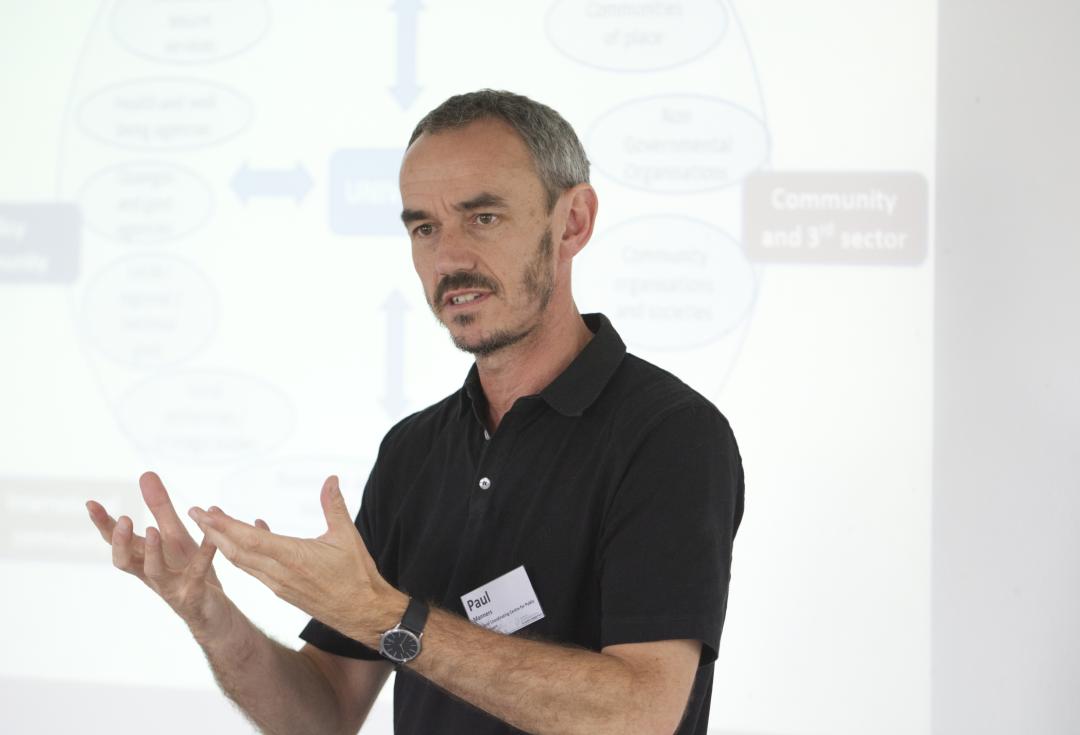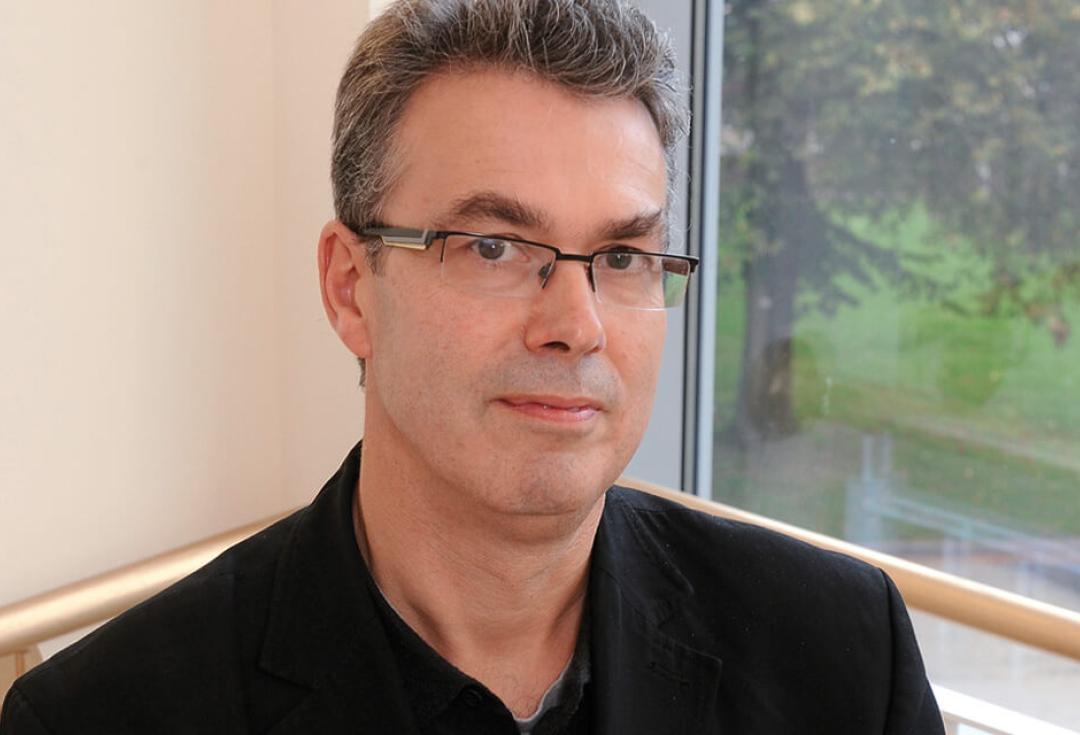Developing a strategy for your Public Engagement support programme
This guide is designed to help you take a strategic approach to building support for public engagement in your institution.

There are three key things that a good strategy helps you to achieve. It helps you to build a shared sense of purpose with colleagues. It takes account of the context in which you work, as this will shape what it is possible to achieve. And it defines clear goals and success measures to help you to judge your progress and share your success.
Assess your institution
A great way to engage and involve people is to use the NCCPE EDGE tool to invite colleagues to reflect on the current levels of support for support for public engagement at your institution. It can help to build an evidence base for your strategy.

As a PVC and more recently as a vice-chancellor of two universities, I have found the NCCPE’s EDGE tool an incredibly powerful framework to use with colleagues to take stock of our support for public engagement and to work out where to focus our precious time and resources to make the biggest difference
Involve people
A strategy needs a lot of buy-in – from senior staff, professional services and academic colleagues to external partners. You need to stimulate lots of discussion as you work with colleagues to plot your course.
The Tools for Talking guide contains some practical tools to help you lead productive discussions about public engagement.
Learn from others
Articulate your theory of change and build your business case
The best laid plans...
Anyone who has sought to develop a support strategy for public engagement has learned that flexibility is vital – always be prepared to adapt your plans to seize opportunities or to divert around round blocks.

Culture change is a lengthy process. Within the time it takes to make progress, landscapes shift, personnel change and new challenges and opportunities emerge. Taking stock of these shifting facets regularly and having the opportunity to adjust our plans and spend has been critical for our work
